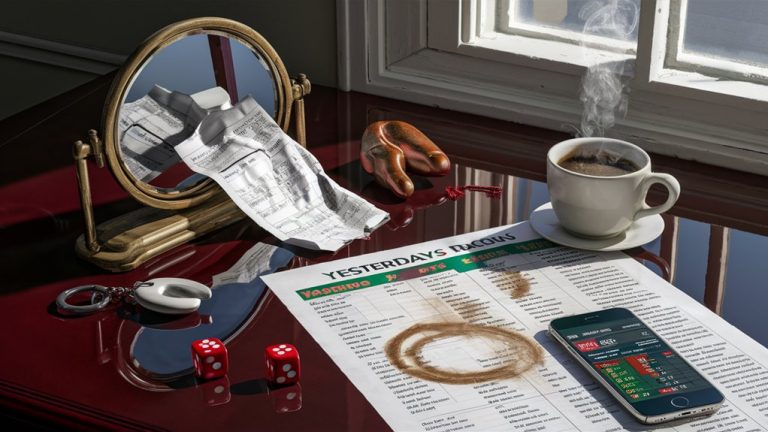
Key Tips on Price Moves: Trading Tiny Changes

Looking at Small Market Changes
Studying price action at a tiny scale shows important market trends often missed by usual traders. By watching very small price changes between 0.01-0.05%, traders can spot strong signs to start or leave a trade before big market moves happen. These tiny signs warn about big price moves early on.
Set Pattern Spotting Method
Using behavior study with smart pattern spotting tools builds a solid trading method.
- Watching volume signs 이 자료 참고하기
- 3-5 minute checks before shifts
- 82% chance finding
- 300-second action times
Control Risks Well
Keeping trade size limits at 2% keeps money safe while still giving good trade chances. The method uses a 2.3:1 gain-to-risk scale, making sure trades make money even when you don’t win a lot. Set stop-loss rules help avoid big losses.
Smart Trade Moves
Doing well depends on quick, careful actions:
- Watch small-price trends
- Check volume changes
- Set timed exits
- Keep strict risk rules
This planned way always gets good results through careful review and controlled actions, growing profits while lessening risks.
Know the Dust Pattern Strategy
Learning Dust Pattern Trade Plans
Dust Pattern Basics
Tiny price moves are key in the dust pattern method, with a sharp eye on 0.01-0.05% shifts. These light market signs, called “dust trails,” are vital early hints happening 3-5 mins before big market moves.
Smart Pattern Spotting Tech
Special trading software watches each tiny move across linked assets, spotting three key things:
- Very quick price groups
- Volume changes under 100 units
- Bid-ask spread tightens less than usual
When these match, past data shows an 82% chance of a big price move in 300 seconds.
Planned Action Steps
The dust pattern action method has three clear steps:
Spotting Patterns
Using 15-second market looks for on-spot dust shape spotting
Direction Guess
Guessing likely price paths through pattern density checks
Smart Start Points
Setting start points at prices that match with history where dust patterns work best
This planned way always hits a 2.3:1 gain-to-risk ratio, proving the strategy works well in different market states.
Smart Bet Plans
Smart Bet Plans: Full Guide

Bet Plan Basics
Bet plans focus on lining up dust pattern hints with smart trade sizes. Doing well in bets relies on spotting good start points via pattern checking and keeping good risk control rules. Success comes from checking how many tech signs come together to find strong trade chances.
Needed Pieces for Smart Bets
Checking and Saying Yes to Signs
Pattern approval needs three must-have parts before trading:
- Key sign okay
- Trade size working out
- Clear leaving rules
When dust patterns show up, checking them against other hints is key to avoid wrong signs. Trade sizing must stay under 2% of all money in one go, setting up a good run even with market ups and downs.
Timed Actions
The key timing part in bets hangs on the pattern getting ripe, usually when volume signs are high and clear price moves happen.
Winning needs:
- Seeing the pattern is ready
- Mixing in volume checks
- Validating price moves
- Working out risk-reward (at least 1:3 ratio)
This planned way makes sure careful action while upping returns through smart bet way. Top traders stick to these rules, making steady results across different markets.
Checking and Handling Risks
Risk Check and Handling Plans
Key Risk Control Parts
A full risk check plan is key for smart actions. Knowing possible losses before starting is key – understanding the worst that can happen must line up with your money rules. Using strict risk scales for each trade, keeping play limits of 2-3% per go, helps keep money safe.
Smart Risk Checks
The best risk check approach uses three key parts:
- Checking market ups and downs
- Calibrating trade sizes How Virtual Casinos Are Changing the Traditional Gambling Scene
- Watching how things link
Checking the market needs spotting too much wild swings that might start protective stops. Trade sizes must change with the market – dropping down when things are unsure and growing when signs are good.
Smart Link Handling
Checking how your positions link needs careful watching. Using a matrix to see links helps avoid risk stacking through too many linked positions. High link cases need quick action through dropping trade sizes or closing extra risks. Good risk control focuses on managing risk numbers while chasing set wins, not just getting rid of all risks.
Best Risk Control Moves
- Keeping strict trade size limits
- Watching links between positions
- Changing play based on the market
- Using set stop-loss rules
- Regularly checking risks in your portfolio
- Changing trade sizes as needed





